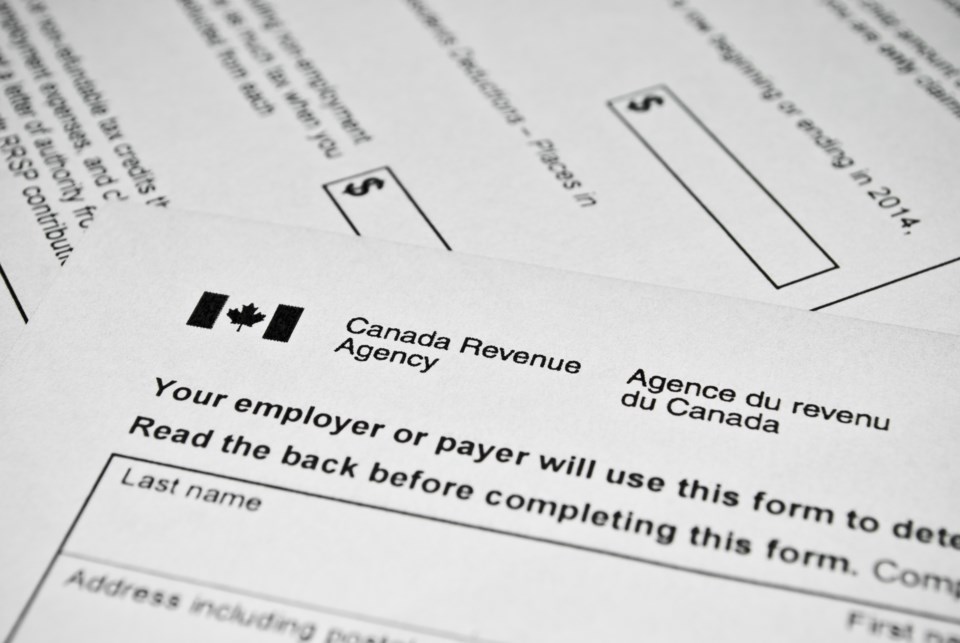If you received a free trip or new clothes for posting a certain photo or blog in 2022, then you need to report it on your tax form this year.
Social media influencers and those with side jobs in Canada are reminded to report all their earnings from any business activities whether they are monetary or non-monetary incomes.
Social media influencers are people who use various social media platforms, such as YouTube, Instagram, Twitch, Facebook or blogs, to publish posts and build followers of their content to earn money.
People who use social media as a business also need to report what they earn through those platforms on their income tax and benefits return.
Earned income from social media work includes channel subscriptions, advertising, sponsorship, product sales, referral code commissions, gifted clothes, trips and gift perks.
All non-monetary income must be reported in tax returns using the fair market value of the item received. This means the market price of the item is used in the report, according to the Canada Revenue Agency (CRA).
The CRA website added that influencers who receive total taxable supplies of more than $30,000 over four calendar quarters through online activities will need to register for, collect and pay the goods and services tax/harmonized sales tax (GST/HST).
However, if income earned form social media activities is considered business income, owners may be able to deduct some business expenses related to the work done.
Temptations to not report side hustle income
Many Canadians have turned to social media and side jobs to earn extra income this past year.
In an online survey conducted by H&R Block Canada, 63 per cent of respondents said they took on a side hustle due to the rising costs of living, while 15 per cent of Canadians say they are considering a side job in the future.
A total of 1,501 Canadians, who are members of the Angus Reid Forum, took part in the survey from Feb. 14 to 16, 2023.
An overall 85 per cent of residents are concerned that their regular stream of income is not “keeping pace” with increasing costs of living.
The study revealed many people with side jobs are “tempted not to declare all their income, as spiralling costs of living puts pressure on their financial situation.”
Of those who have a side hustle, 49 per cent of respondents said they’d be willing to risk not declaring all their related income, while 44 per cent would be willing to risk not declaring “any of their side hustle income.”
Yannick Lemay, learning program lead and tax specialist with H&R Block Canada, said that many Canadians are tempted to not declare all or any of their revenue from side jobs; some even “lack an understanding of the tax implications.”
"While it's easy to think that smaller amounts may go unnoticed, by not declaring all income to the Canada Revenue Agency (CRA), Canadians face the risk of not just having to pony up for the full amount of taxes owing if they're audited – but they'll also be charged interest and could face substantial penalties if it's discovered,” said Lemay.
“The good news is there are literally hundreds of potential deductions and expenses that can be claimed; many of which put money back into your pocket.”
He added that the “gig workforce” is incredibly diverse which adds to the complexity of navigating through tax-related benefits.
“What's important is having a full understanding of your specific tax situation, so you don't inadvertently leave money on the table when filing your taxes."
Penalties for unreported income in Canada
Unreported or fake statements on income tax reports can result in $100 fines or 50 per cent of the understated tax and/or the overstated credits related to the false statement, whichever amount is more, according to the CRA.
Those who also don’t report any amount of $500 or more can find themselves paying, whichever amount is less, 10 per cent of the amount a person failed to report or 50 per cent of the difference between the understated tax or overstated credits of the amount you fail to report.

